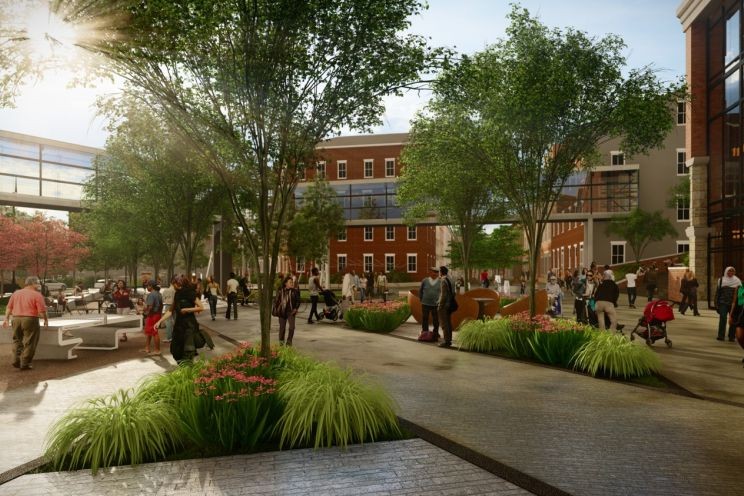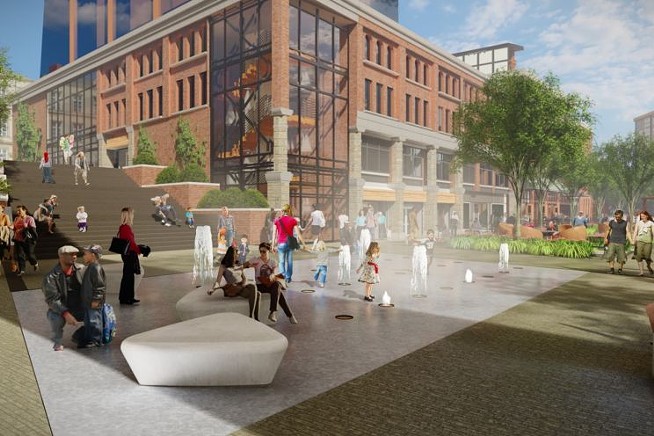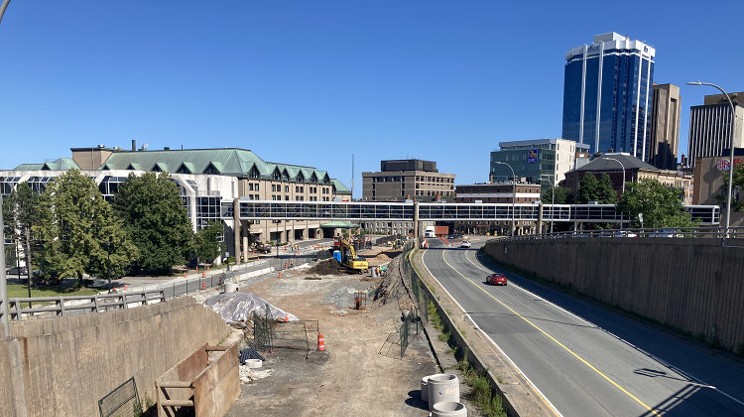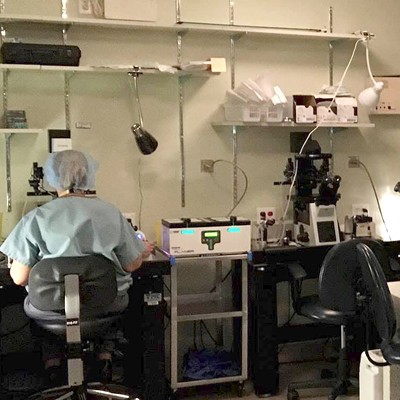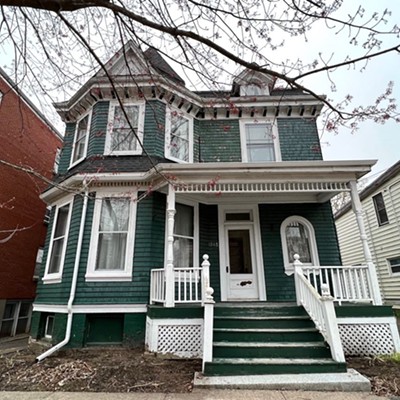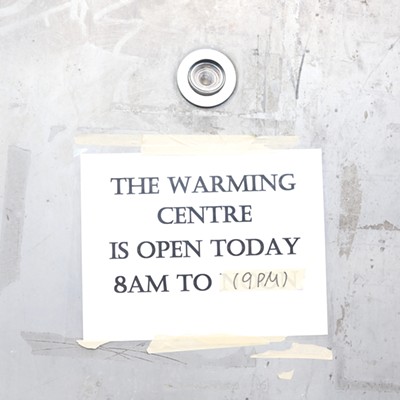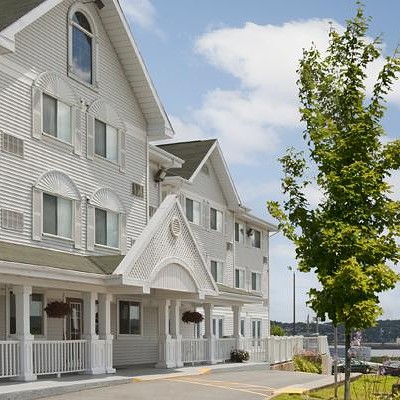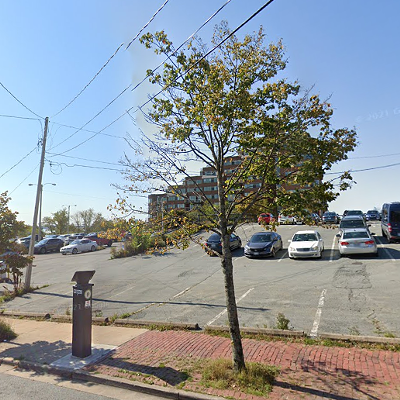The redevelopment of the Cogswell Interchange, which is billed as the biggest city-building project in Halifax’s history, is expected to finish up in the 2025-2026 fiscal year. Construction will break ground this winter on the rebuild that mayor Mike Savage says will bridge a gap between peninsula Halifax’s north end and the downtown core.
“Make no mistake, this is a massive project,” Savage said of the $122.6 million plan during a press event this morning at Granville Mall.

The huge build will turn 16 acres of underutilized road infrastructure into an attractive area with a new road system and land that's ready to be developed. The city says the planned new neighbourhood will have room for commercial tenants and residential space for 2,500 people. The project promises dedicated bike lanes, multi-use trails, four new parks, a transit hub and more than 500 new trees planted.
The price tag for the project has risen $27.4 million since a $95.7-million bid from Dexter Construction was accepted by council. A staff report says the extra costs are because construction costs are higher now than when calculated for the project estimate and inflation. “Much” of the project’s costs are expected to be recovered through the sale of land and property tax, Savage said.
While it’s touted as a "historic" HRM build, it’s not the most expensive to date. The Halifax Harbour Solutions project, completed in 2011, was by far the most costly, at $333 million to build enough sewage treatment plants to make Halifax a city where every single toilet flush doesn't go straight into the harbour.
The Cogswell Interchange was built in 1969 as the first part of a planned waterfront freeway called Harbour Drive. (Imagine bulldozing Historic Properties to make room for a Cogswell-grade drab roadway extending along the waterfront towards Point Pleasant Park.) In the face of strong public protest, the Harbour Drive idea was axed by city council in 1971, abandoning Cogswell to be a highway on-ramp without a highway. Talks for redeveloping the interchange began as early as 1997. HRM hired John Spinelli as the Cogswell redevelopment project director in 2015.
Savage said to be ready for big activity at the Cogswell Interchange site beginning in 2022. Halifax can expect that in the coming months infrastructure for utilities will start to be built, Dexter Construction will create a base at the centre of the 16-acre site and bypass roads will be established, he said.
Once the construction is complete, some time before the end of 2026, Savage said “we will start to see a new neighbourhood take shape, reconnecting downtown with the north end and the waterfront, and adding much-needed housing.”
The new development will also “support a district energy system” that will supply renewable energy from the Halifax Water wastewater treatment facility to heat and cool buildings.
“This project is designed to represent the aspirations of our community,” Savage said. “To be a prosperous growing city that cares about its environment, and the wonderful mix of people of all kinds who contribute to the life, culture, and personality of place that we believe sets us apart.”
There are no details yet on what the planned housing development on the site will look like, just that space is expected to fit 2,500 people. It's unclear how much of these units will be affordable, but Savage said there’s room for the city to get involved in “deeply affordable” housing in this development.
Throughout the process the city says it will continue to share details of the project with HRM residents through public announcements, web updates and a mobile app.

